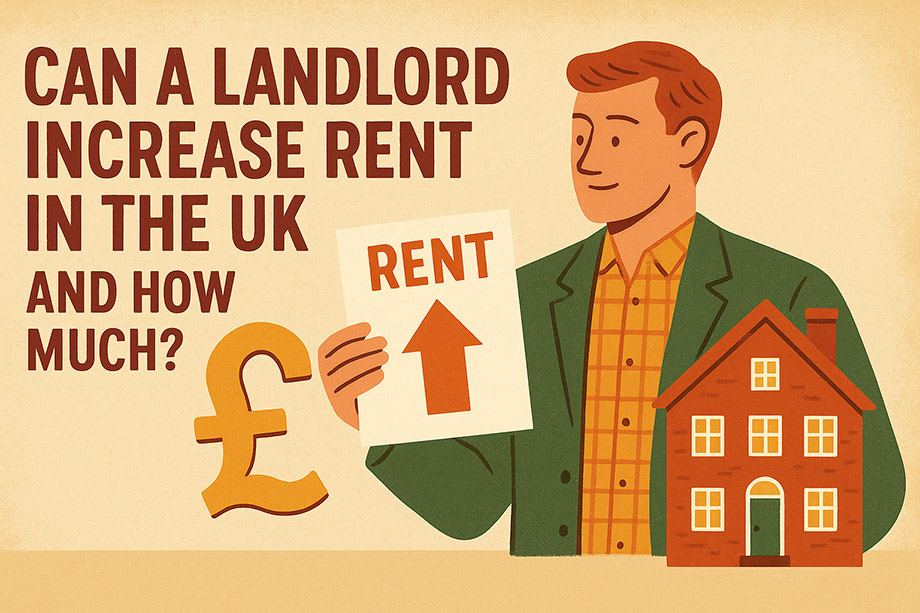Can a Landlord Increase Rent in the UK and How Much? What Tenants Need to Know

If you’re renting a home in the UK, you might be wondering if your landlord can increase the rent and by how much. The short answer is yes, landlords can raise rent, but there are rules they must follow. Knowing these rules can help you understand your rights and avoid surprises.
Table of Contents
Can a Landlord Increase Rent in the UK?
Yes, landlords have the right to increase rent, but only under certain conditions and usually once a year. The rules depend on the type of tenancy you have and where you live. Most tenants in England and Wales have an Assured Shorthold Tenancy (AST), which has specific laws about rent increases.
Types of Tenancies and How Rent Increases Work
If you’re on a fixed-term tenancy (for example, a 6 or 12-month contract), your landlord usually cannot increase the rent until the fixed term ends, unless your agreement specifically says they can. If your tenancy rolls over to a periodic or “rolling” tenancy (month-to-month), landlords can propose rent increases with proper notice.
Other types of tenancies, like regulated or protected tenancies, may have different rules, but these are less common.
How Much Can Rent Be Increased?
There is no set cap on how much a landlord can raise the rent, but the increase must be fair and in line with the local rental market. Excessive or unfair increases could be challenged by tenants or decided on by a tribunal in some cases. Landlords cannot increase rent just to punish tenants or without following the legal process.
How Often Can Rent Be Increased?
In most cases, landlords can only increase rent once every 12 months. This gives tenants some stability and time to plan for any changes. If you have a fixed-term tenancy, rent increases usually can only happen when the contract renews unless otherwise agreed.
How Does a Landlord Increase Rent?
Landlords must give you written notice of a rent increase. For ASTs in England and Wales, this often means using a “Section 13 notice,” which tells you the new rent and when it will start. The notice period is usually at least one month for monthly tenancies or longer if specified.
If you agree with the new rent, you simply start paying it. If you don’t agree, you can negotiate or, in some cases, apply to a tribunal to decide if the increase is fair.
What If a Tenant Disagrees with the Rent Increase?
If you feel the rent rise is unfair, start by talking to your landlord. Sometimes a discussion can help both sides agree on a reasonable amount. If not, tenants in Wales or Scotland can take their case to a rent tribunal. In England, you might need legal advice or support from tenant organizations.
Special Cases to Know About
If you receive housing benefits or Universal Credit, rent increases might affect your payments. Also, rent rules can be different in Scotland and Wales, where there are stronger tenant protections. Furnished and unfurnished properties generally follow the same rules, but your tenancy agreement might have specific clauses.
Tips for Tenants and Landlords
For tenants: Always read your tenancy agreement carefully to understand when and how rent can be increased. Keep a record of any notices you receive and communicate openly with your landlord.
For landlords: Make sure you follow the correct legal process when increasing rent. Provide clear written notice and be fair with the amount. This helps avoid disputes and keeps good tenant relations.
Final Thoughts
Rent increases are a normal part of renting, but landlords must follow the law to do it properly. Knowing your rights and responsibilities can make the process smoother for everyone involved. If you’re unsure about a rent rise, don’t hesitate to seek advice from housing charities or legal experts.
Last Updated on July 29, 2025 by James Cartwright







